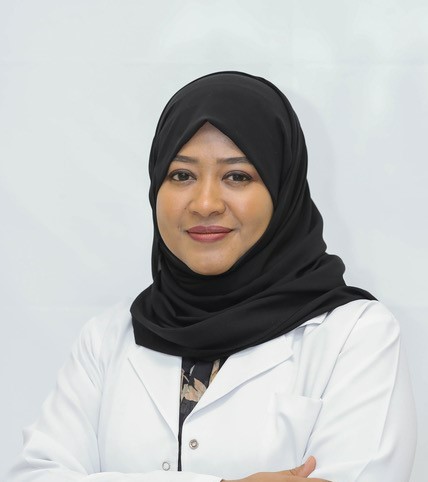PHCC Expert: Wintertime Triggers a Flu Season

The Primary Health Care Corporation (PHCC) defines influenza as an acute viral infection that spreads easily among all age groups and affects the respiratory system (nose, throat, bronchi, and lungs).
Influenza is transmitted by inhaling droplets containing the virus or touching contaminated surfaces. It is more common in children aged 6 months to 5 years, or older persons aged 65 and above, as well as those who suffer from obesity and chronic illness, such as diabetes and allergic bronchitis, and those who take medications that weaken immunity.
Dr. Umsalma Suliman Abdalla, Consultant Family Medicine at PHCC’s Omar Bin Al Khattab Health Center, said: “Winter season is closely linked to a higher rate of respiratory infections and allergies, where influenza is the most common.”
To prevent flu infection, Dr. Abdalla advised the public to cover their nose and mouth when they sneeze or cough, wash their hands if they touch contaminated surfaces and objects, avoid touching their face, eyes, nose, and mouth if their hands are contaminated, avoid crowded places, and minimize contact with others if they feel unwell.
In addition to getting the flu vaccine, especially for those most vulnerable to infection, as well as the pneumococcal vaccine for those who have health problems that weakens their immunity, added Dr. Abdalla.
She also advised adopting a healthy lifestyle, which include getting enough sleep, avoiding staying up late, eating healthy food rich in vitamins, such as fruits and vegetables, avoiding unhealthy food choices, drinking plenty of water and fluids depending on one’s age and body mass, and drinking warm healthy drinks, such as ginger, lemon tea, etc., according to one’s health condition.
Additionally, Dr. Abdalla highlighted the need to avoid allergens such as, cold air currents, smells and fumes, including smoking and others.
The infection duration starts one day before the onset of symptoms up to 5-7 days after their appearance. This period can last longer for children and people who are immunocompromised.
Dr. Abdalla noted that most people with influenza will only need to rest at home. If the disease becomes more severe and lasts for more than two weeks, it is best to see a doctor. Taking medicines within the first 48 hours helps prevent more serious problems.
We at PHCC, work together with the public to prevent and minimize infection during winter by providing vaccines. Patients can consult their family physician at any time to help them enjoy a healthy and infection-free winter.